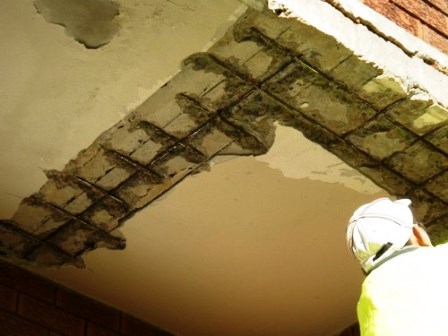You don’t need to suck up to the boss. Healthy work habits, promptness and good manners will get you far.
by Reyna Mathur
Shashwati Agarwal (33) vividly remembers her first job at a magazine office in Bangalore. “As an editorial assistant, I had to ensure that all functions in the office happened smoothly, nobody’s work got held up due to scheduling mistakes, all advertisement dummies came in at the right time. I was also in charge of ensuring smooth production.” She says the biggest compliment came from her boss, who called her when Shashwati was on a month-long break owing to an illness. “My boss said, ‘We can’t handle this without you. Please come back soon!’” she laughs.
All of us crave for approval and confirmation that we are doing our jobs so right that the office will suffer if we are not there. But the practical reality is that nobody is indispensable at the workplace – if you quit today, the office will simply replace you and work will go on as before. However, there are always a few employees who are so impressive at the office that when they decide to quit, the management normally tries to talk them out of it. Contrast this with other employees, whose resignations are accepted at once. This means that the former are doing something that the latter are not.
Here’s how you can come close to being indispensable at the office:
Always be ahead of schedule. If you are in charge of a certain task which has to be completed in a week, start on it the moment the assignment is given to you. People make the mistake of starting work at the last minute and then handing in shoddy work. If you give yourself enough time to work out your assignment, your focus will be greater and the quality will be top notch – a sure way to get noticed. If you are in charge of a regular task, ensure that you are ready with the final product before deadline.
Cultivate good manners. Always be ready with a smile and a genuine compliment for colleagues and your immediate seniors. Your composure will be tested in times of stressful high-pressure situations, so handle yourself with dignity and calmness. If you find a colleague panicking over an issue, try to calm them down and offer assistance. If you see your boss looking tired or stressed, tell him or her in a polite, non-intrusive way that you have noticed them looking worried, and that they should let you know if you can help in any way. Extending a helping hand always works, but be genuine in your interactions.
Display initiative. If you have a solution to a problem, don’t be afraid to offer it. Many employees don’t offer solutions fearing that others will think they are showing off, or that it will annoy the boss if they speak out of turn. Unless you are being brash and arrogant about it, there is no harm in revealing that you have something to say. Make your point and don’t gloat if your suggestions are taken on board, and don’t sulk if they are not. You are not there to display one-upmanship; you are there to work with a team. Don’t try to stand out in a group and never claim credit for the group’s success even if it was your hard work and ideas that won them the success.
Be organised. Understand how the office operates on projects, and follow that system religiously. If necessary, add your own tips and tricks to the system to optimise it further. If you are left to work out your own system, start by making progress charts of an ongoing project, and if necessary, tack them on to the soft board at your work station. This brings a semblance of order to the job, especially if it helps you to keep track of all deadlines and summarise the project satisfactorily. Your seniors might adopt this system and you will be credited with introducing it to the office.
Don’t badmouth anyone in the office. Even if your immediate colleague is highly irritating or your boss is irrational, refrain from speaking ill about anybody in the office. Since everybody gossips, the person who doesn’t immediately sticks out and gets noticed by the seniors. Your office management will understand that you are discreet, mature and capable of not giving in to the temptation to gossip.
(Picture courtesy www.morganmckinley.com. Images used for representational purpose only)






